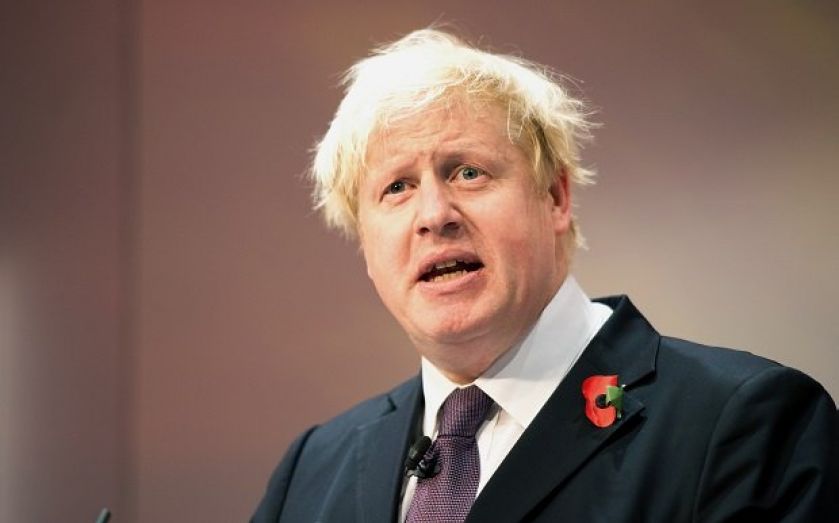Boris Johnson welcomes report calling for more Commonwealth immigration

The UK is missing a huge economic and cultural opportunity because of anachronistic and counterproductive restrictions on immigration from the Commonwealth, easing pressure created by its ageing population.
So concludes a new report published today by think tank the Commonwealth Exchange, with a foreword written by London mayor Boris Johnson.
Johnson wrote:
We should welcome the brightest and the best from a wider range of countries. As we re-examine our relationship with the European Union, we have a vital opportunity to recast our immigration system in just this way. And the first place to start is with the Commonwealth.
While public attention may have been fixed on the influx of eastern European migrants, the number of Australian, Canadian, New Zealand and South African nationals migrating to the UK plummeted by 50 per cent between 2001-11. The number of people arriving to settle from India dropped by more than 50,000 in 2011-12.
Current immigration restrictions affecting Commonwealth countries could risk alienating "close friends" and damage the UK economy, the report warns.
The population of the Commonwealth numbers 2.4bn, with close to two-thirds being under 30. The Commonwealth Exchange argues s pool of young workers eager to come to and work in the UK could help relieve the strain being put on public services by an ageing population.
The report makes three recommendations to ease the movement of people between the UK and the Commonwealth. The first is a "Commonwealth Concession" visa to recreational and business tourists: today, the tourist visa will set an applicant back £83 for six months' multiple entry.
It adds that the youth mobility visa, which allows people under 31 from Australia, New Zealand, Canada, Japan, Monaco and Taiwan to live and work in the UK for up to two years, should be restored to all Commonwealth countries.
The report also comes out strongly in favour of an idea touted by Boris Johnson of "bilateral mobility zones" between the UK and the Commonwealth. A model for the scheme could be Australia and New Zealand's trans-tasman travel arrangement, which allows freedoms to travel, live and work between the two nations. However, entrants would not be entitled to UK welfare benefits.
Commenting on the report, its author Tim Hewish, executive director of Commonwealth Exchange, said:
By opening up to the Commonwealth, we could boost the economy and ease the pressure on the Home Office, while ensuring that national security isn’t undermined. The Commonwealth is getting a raw deal from the UK, and we wanted to make the positive economic case for Commonwealth immigration